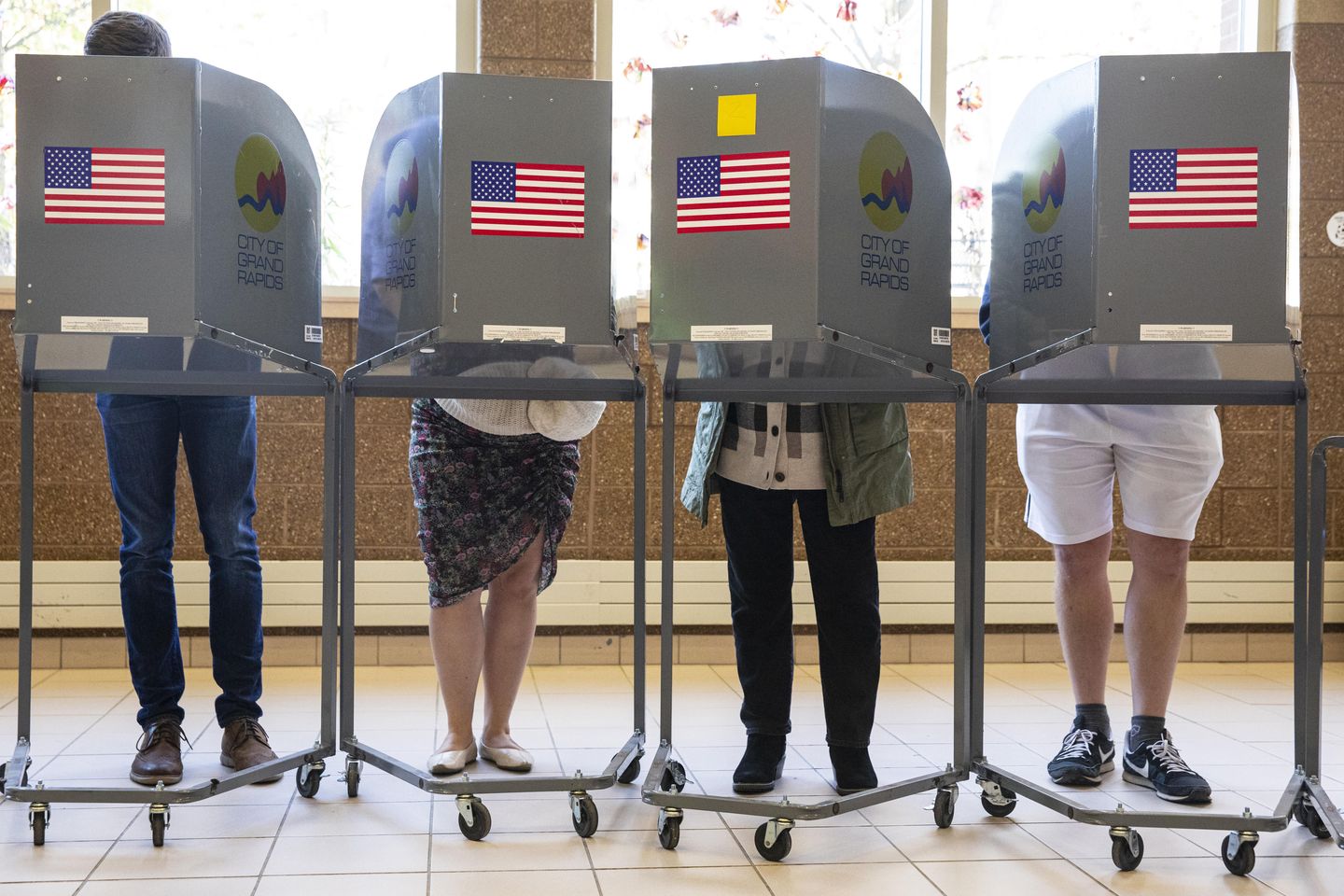
Independent voters in several states are filing lawsuits challenging closed primary systems in which only registered voters within a political party can cast a primary ballot for a candidate.
In Maryland, five unaffiliated voters challenged the state’s move to hold closed primaries that would limit participation in the Democratic and Republican primaries to registered Democrats and Republicans.
The lawsuit, filed in the Circuit Court for Anne Arundel County, argues that the number of Independent voters in the state has increased from 16% in 2012 to 22% in 2025.
“These closed primary elections violate the Plaintiffs’ rights, as unaffiliated voters, to vote and participate in all elections held in the State,” the complaint, filed in May, read.
A spokesperson from the Maryland State Board of Elections, a named defendant in the case, did not immediately respond to a request for comment.
The Maryland case is not a standalone.
Four unaffiliated voters in Pennsylvania challenged the state’s closed primary system earlier this month.
They’ve asked the state Supreme Court to rule that the closed primaries violate the Pennsylvania Constitution.
It’s one of 14 states with closed primaries, according to The Associated Press, which also noted other legal challenges pending in Wyoming and Oregon over the issue.
But legal experts say these challenges are likely to fail because the Supreme Court has long held that political parties have the right to freely associate.
“Whether political party primaries are open or closed is entirely up to the states and the political parties,” said Hans von Spakovsky, senior legal fellow at The Heritage Foundation. “There is no constitutional right to an open primary and any challenge to a closed primary claiming it violates the U.S. Constitution will lose.”
The Supreme Court issued a ruling in 2000 in the case of California Democratic Party v Jones, involving a California proposition, which required all candidates to be listed on a primary ballot.
Several state political parties sued, and the high court said the proposition ran afoul of the First Amendment right to freedom of association.
“In no area is the political association’s right to exclude more important than in the process of selecting its nominee,” wrote the late Justice Antonin Scalia.
Derek Muller, an election law professor at the University of Notre Dame, said that precedent is clear, suggesting the independent voters challenging these state rules are likely to lose.
“The Supreme Court has made clear that if a party wants to open its primary to include members, or close its primary to exclude non-members, it may do so,” Mr. Muller said.
“Individual voters’ preferences are subservient to the parties’ preferences. Typically, state law mirrors the parties’ preferences. I doubt these lawsuits will have much success given the Supreme Court’s recognition of the strong associational rights that political parties have to choose their members.”










